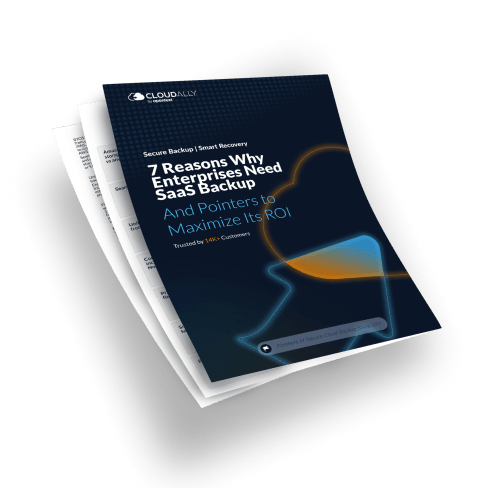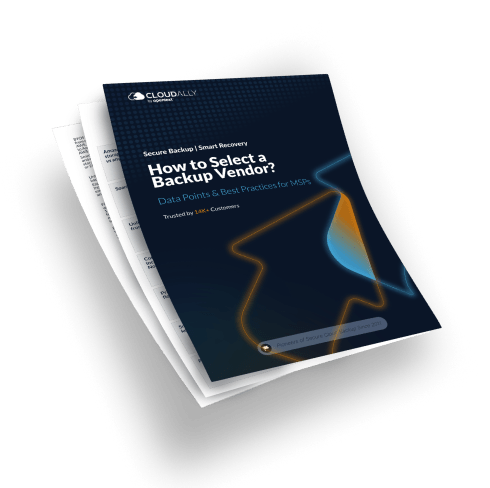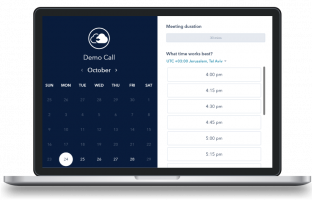Electronic Discovery (eDiscovery) in Microsoft 365 refers to the process and technology used to identify, collect, and deliver electronically stored information (ESI) in response to a request for production in a lawsuit or investigation. Microsoft 365 offers built-in eDiscovery tools that allow organizations to manage legal cases and investigations within its cloud environment. These tools enable legal teams to search for relevant data across Microsoft 365 services including Exchange Online, SharePoint Online, OneDrive for Business, and Microsoft Teams.
Benefits of eDiscovery in Microsoft 365
The eDiscovery capabilities in Microsoft 365 provide several advantages:
- Compliance with Legal Requirements: Ensures organizations can meet legal and regulatory obligations by providing comprehensive tools for data discovery and retention.
- Security and Privacy: Data is managed and secured in accordance with Microsoft’s robust security protocols, minimizing the risk of unauthorized access during the discovery process.
- Efficiency and Cost-effectiveness: Reduces the time and cost associated with traditional eDiscovery processes by leveraging Microsoft’s cloud infrastructure for streamlined data collection and processing.
- Scalability: Easily scales to accommodate the growing data needs of large organizations, enabling efficient handling of vast amounts of information.
How to Set Up eDiscovery in Microsoft 365
To effectively use eDiscovery in Microsoft 365, follow these steps:
- Access eDiscovery Tools: Navigate to the Microsoft 365 compliance center and locate the eDiscovery section.
- Create a Case: Start by creating a case for your legal investigation or request.
- Search for Content: Use the search and investigation tools to define and refine your search criteria across the Microsoft 365 services.
- Export Data: Once relevant data is identified, it can be exported securely for further review and analysis.
For other native options to backup and recover Microsoft 365 data including eDiscovery, check out our blog How to Restore Microsoft 365 Data: The Definitive Guide
Disadvantages of Using eDiscovery for Backup and Recovery
While eDiscovery tools within Microsoft Office 365 provide essential capabilities for legal and compliance-related searches, they are not designed as comprehensive backup solutions. Here are some critical disadvantages of using eDiscovery for backup and recovery:
- Limited Retention Scope: eDiscovery primarily focuses on data retention for legal compliance, not long-term data preservation. This limitation means that once the retention period expires, data may no longer be recoverable unless it has been backed up elsewhere.
- Complexity in Restoration: Restoring data using eDiscovery can be complex and time-consuming. It is not intended for quick recovery in case of accidental deletions or malicious attacks, where immediate restoration is necessary.
- High Costs and Resource Intensity: Relying on eDiscovery for backup involves high operational costs as it requires significant administrative effort to manage and maintain. This is especially true for larger organizations with vast amounts of data to sift through and preserve.
CloudAlly’s Microsoft 365 Backup as a Superior Alternative
To effectively mitigate these disadvantages, utilizing a dedicated third-party backup solution like CloudAlly’s Microsoft 365 Backup is advisable. CloudAlly offers several advantages:
- Comprehensive Backup: CloudAlly’s backup service covers all critical Microsoft 365 applications, ensuring that nothing is left unprotected. This includes emails, calendars, SharePoint, OneDrive, and Teams data, providing a more holistic approach to data protection.
- Effortless Data Restoration: CloudAlly enables one-click restoration of your data, which is crucial for minimizing downtime in emergency scenarios. This ease of use is a significant advantage over eDiscovery processes, which are not designed for rapid recovery.
- Cost-Effective: With CloudAlly, organizations can enjoy a lower total cost of ownership (TCO). The service reduces the need for extensive administrative oversight and mitigates risks associated with data loss, which can be far more costly in the long run.
Learn more about how CloudAlly can safeguard your Microsoft 365 data and complement your eDiscovery efforts by visiting CloudAlly’s Microsoft 365 Backup.
Protect your data and stay compliant with the powerful eDiscovery tools offered by Microsoft 365. CloudAlly’s backup solutions enhance these capabilities by ensuring that your data is secure, recoverable, and always accessible, no matter the situation. Explore our backup solutions and start your free trial today to ensure complete data protection for your Microsoft 365 suite.










